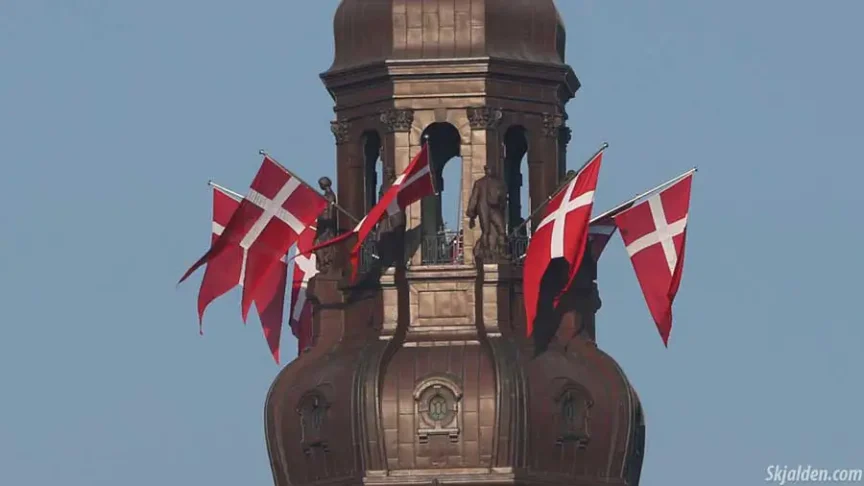Grundlovsdag, or Constitution Day in Denmark, is an important moment in the nation’s history. It celebrates the signing of the Danish Constitution on June 5, 1849, which transitioned Denmark into a constitutional monarchy, and its amendment on June 5, 1953.
The amendment on June 5, 1953, modernized the Danish Constitution, including the introduction of female succession to the Danish throne, and further solidified the principles of democracy and governance in Denmark.
This day is a cornerstone in the establishment of modern Danish society, symbolizing the limitation of monarchal power, the founding of the Danish Parliament (Folketinget), and the assurance of fundamental rights and freedoms for its citizens. Despite its significance, Grundlovsdag is a regular workday, with the general populace continuing their daily routines.
On this day, political figures often seize the opportunity to promote their agendas in public spaces, sometimes overshadowing the day’s true essence with their party achievements. Such actions, while underlining the value of free speech and political discourse, tend to polarize rather than unite, highlighting a growing concern over the politicization of a day meant to celebrate unity and democratic principles.
Celebrating Democracy and Civic Engagement
Nevertheless, Grundlovsdag remains a vibrant day of community engagement, with many Danes participating in picnics, concerts, and other gatherings, especially in parks like Fælledparken in Copenhagen. These events offer a chance to relax and socialize, although being a workday, attendance is typically higher among students and those who can afford to take the day off, reflecting a younger demographic in public celebrations.
A key feature of Grundlovsdag is its focus on civic education and national awareness. Educational institutions play a significant role in commemorating the day, organizing activities that delve into the nation’s constitutional heritage, and instilling a deep sense of pride and identity in the youth. This emphasis on reflective learning encourages a deeper understanding of democratic rights and responsibilities, often resulting in abbreviated class schedules to facilitate participation in the day’s events.
Grundlovsdag also serves as a moment of collective introspection on Denmark’s democratic journey and current social challenges. It fosters an environment for constructive dialogue and debate, reinforcing the enduring relevance of democratic ideals. This spirit of open discourse affirms the foundational values of Grundlovsdag—freedom, equality, and justice.
This day holds profound resonance for Danes, emphasizing the enduring importance of democracy, personal freedoms, and legal protections. The Danish Constitution, more than just a document, is the linchpin of the nation’s governance, safeguarding citizens’ rights and reflecting the enduring legacy of Denmark’s struggle for democratic freedom. Grundlovsdag is thus a time of remembrance, celebration, and forward-looking reflection, deeply cherished across the country.
